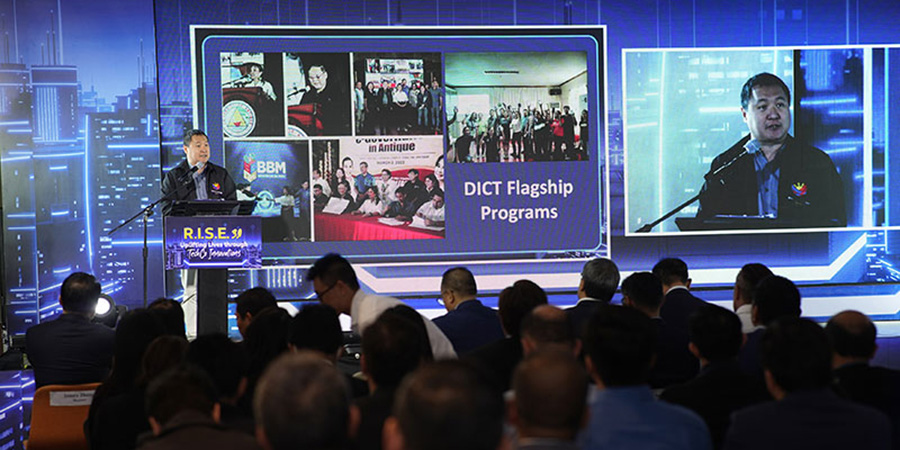The Philippine government is nearing completion of the Connectivity Index Rating (CIR) Metric, which aims to achieve digital inclusion and widespread connectivity in the country.
The CIR was developed by the Department of Information and Communications Technology (DICT) in partnership with Globe and other major telcos and was designed to transform the assessment of internet quality in public areas, including airports, hotels, and offices, ensuring that Filipinos can enjoy dependable and high-quality digital services.
The new metric adheres to the Philippine Development Plan 2023-2028 and the United Nations’ Sustainable Development Goals (SDGs), aiming to achieve digital inclusivity for all, demonstrating the government’s commitment to the advancement of the country through improved connectivity.
DICT Undersecretary, Jeff Dy, highlighted the government’s plans to accelerate the digitalization in the country and its impact on national growth.
“Wouldn’t it be nice that before you even check into a hotel, you would be able to know if you could do business in that particular hotel? That’s the idea: To keep people informed of the quality of internet connection in that particular establishment,” said Dy.
The Importance of the CIR Metric
The significance of the CIR Metric extends beyond its emphasis on user experience and accessibility to encompass broader implications for both consumers and service providers. By prioritizing user experience over corporate benchmarks, the CIR Metric underscores the importance of meeting the evolving needs and expectations of internet users. This approach encourages service providers to focus on delivering reliable, high-quality internet services that enhance user satisfaction and loyalty.
Moreover, the CIR Metric serves as a valuable tool for fostering transparency and accountability within the telecommunications industry. By providing consumers with standardized metrics for evaluating internet quality, the CIR Metric promotes fair competition and encourages service providers to continually improve their offerings. This, in turn, fosters a more competitive marketplace where providers are incentivized to invest in infrastructure upgrades and technological advancements to enhance the overall quality of their services.
By raising awareness about the importance of internet quality and accessibility, the CIR Metric helps to ensure that all individuals, regardless of their location or socioeconomic status, have access to reliable and high-speed internet services. This can have far-reaching benefits for education, healthcare, economic development, and social connectivity, ultimately contributing to the overall well-being and prosperity of communities.
Dy also emphasized that smaller enterprises would be granted exceptions, and the involvement of the private sector in the CIR Metric would be voluntary.






